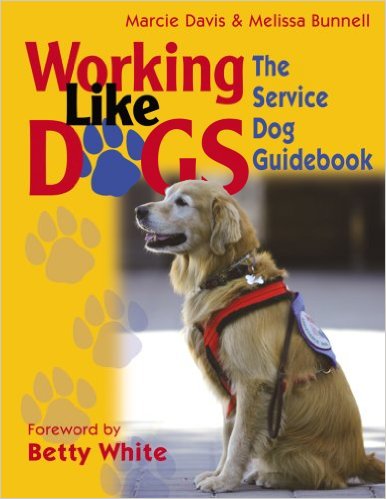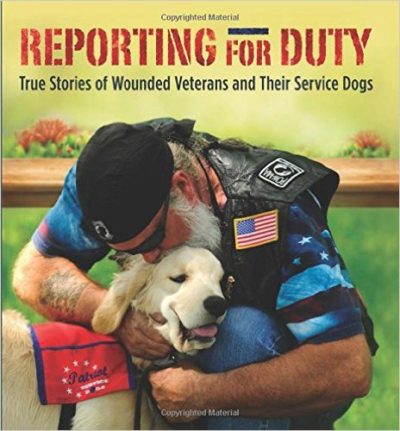Guest blogger Katherine Schneider, Ph.D, Senior Psychologist Emerita, Counseling Service, University of Wisconsin-Eau Claire, and Author of “To the Left of Inspiration: Adventures in Living with Disabilities” has written this blog post for Working Like Dogs. You can find more of her musings at her blog: http://kathiecomments.wordpress.com.

I’m heading off to train with my ninth Seeing Eye dog and that’s put me in a reflective mood. In a couple years I will have had a Seeing Eye dog for half the time the Seeing Eye has been in existence. That entitles me to be philosophical, right?
The first thing I know for certain is each working dog is a unique gift; no two alike! The first dog often changes one’s life so much that second dog suffers by comparison. After you realize that of course they’re different and have different strengths, you can still honor that first dog and go on to fully embrace number two, three, etc. Each dog does their job, but the fun and sometimes frustrating part is to figure out how to work with that individual dog so he/she shines.
Each of my working dogs has built my character in different ways. My first dog taught me to be positive instead of crabby when my expectations were not met. My soon to be retired dog showed such courage in telling me that she needed to retire by refusing to work when she thought she could not safely do so because of a vision problem, that I am in awe of her. Then there are the funny little things they do that show you they definitely do think. For example, I’ve taught each of my dogs the words “up” and “down” so when we go into a building they’ll find the stairs for me. As they reached middle age (about seven), each one started showing me the elevator instead of the stairs.
I’ve learned from retiring dogs that it’s never easy no matter how many times you do it, but you will get through it and you will love again. I grieve the decision to retire a dog, the actual retirement, and eventually the grief of the dog’s death. Like with any grief, rituals like a retirement party and writing a bio for the family who adopts the dog help. Coaching friends to treat it as seriously as they would a death or divorce may be necessary. A few empathic souls “get it” that working dogs are very different from pets and do the right things like listening and showing up to help with the transition or just bringing a dish, but I’m convinced more would if they realized this dog is my best friend, my eyes and my key to safe transportation.
I’m still learning from my dogs that you can be joyful in greeting each new day, quick to love and forgive, enjoy the little things like fresh water and a bowl of food and that a wagging tail wins a lot of friends. I wonder what I’ll learn from Young and Foolish.





